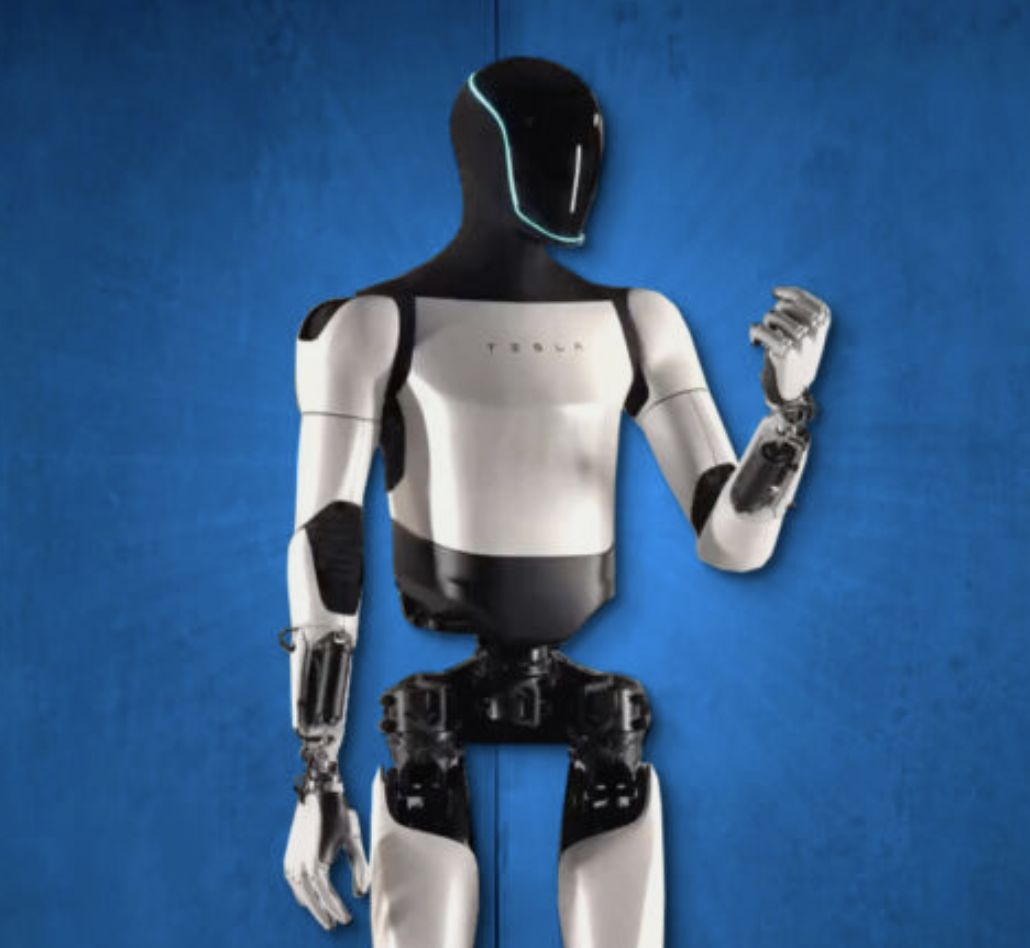In a significant stride toward ethical and accountable artificial intelligence, the European Union (EU) has reached a consensus on comprehensive regulations to govern AI technologies. This landmark decision aims to regulate a wide array of AI applications, including language models like ChatGPT, ensuring transparency, safety, and ethical use.
The new rules, shaped after years of deliberation and collaboration, aim to set global standards for the responsible development and deployment of AI systems. The legislation lays down guidelines not only for AI developers and tech companies but also for government agencies and various sectors that leverage AI technologies.
Key aspects of the regulations encompass transparency and human oversight, emphasizing that AI systems must be explainable and comprehensible to users. This will allow individuals to understand when they are interacting with AI and enable them to make informed decisions. Additionally, high-risk AI applications, such as those employed in critical infrastructure, law enforcement, or healthcare, will undergo strict scrutiny and comply with specific requirements, including rigorous testing, monitoring, and human oversight.
The regulations also address the concerns surrounding biased algorithms and discriminatory practices. They mandate that AI systems do not perpetuate discrimination or bias based on race, gender, ethnicity, or other factors. Furthermore, the rules dictate that AI systems must be designed to maintain a high level of accuracy, security, and robustness throughout their lifecycle.
The legislative move arrives at a crucial juncture as AI technologies increasingly permeate various aspects of society, impacting everything from consumer products to critical infrastructure. Models like ChatGPT, which are used in conversational AI, will fall under these regulations, necessitating compliance with the outlined standards to ensure ethical and accountable interactions.
While the regulations signify a monumental step toward fostering trustworthy AI, they also raise challenges for tech companies and developers in adapting their products and services to comply with the stringent guidelines. Achieving compliance will require significant adjustments in the design, development, and deployment of AI systems, ensuring they align with the established ethical and technical requirements.
The EU’s proactive approach in setting clear boundaries and guidelines for AI technologies is poised to influence global standards and stimulate discussions on responsible AI governance worldwide. As the regulations take shape and implementation unfolds, they are anticipated to shape the future landscape of AI, promoting innovation while safeguarding fundamental ethical principles and human rights.





